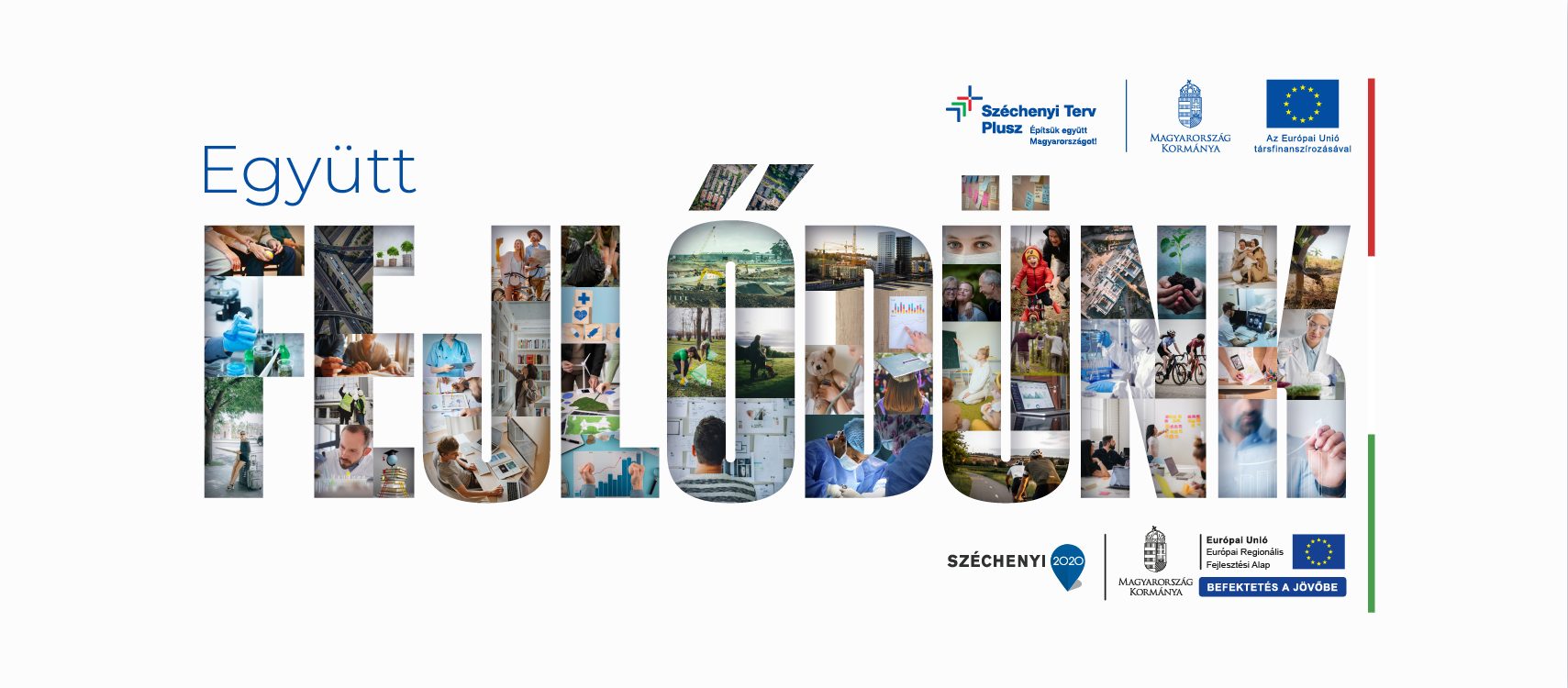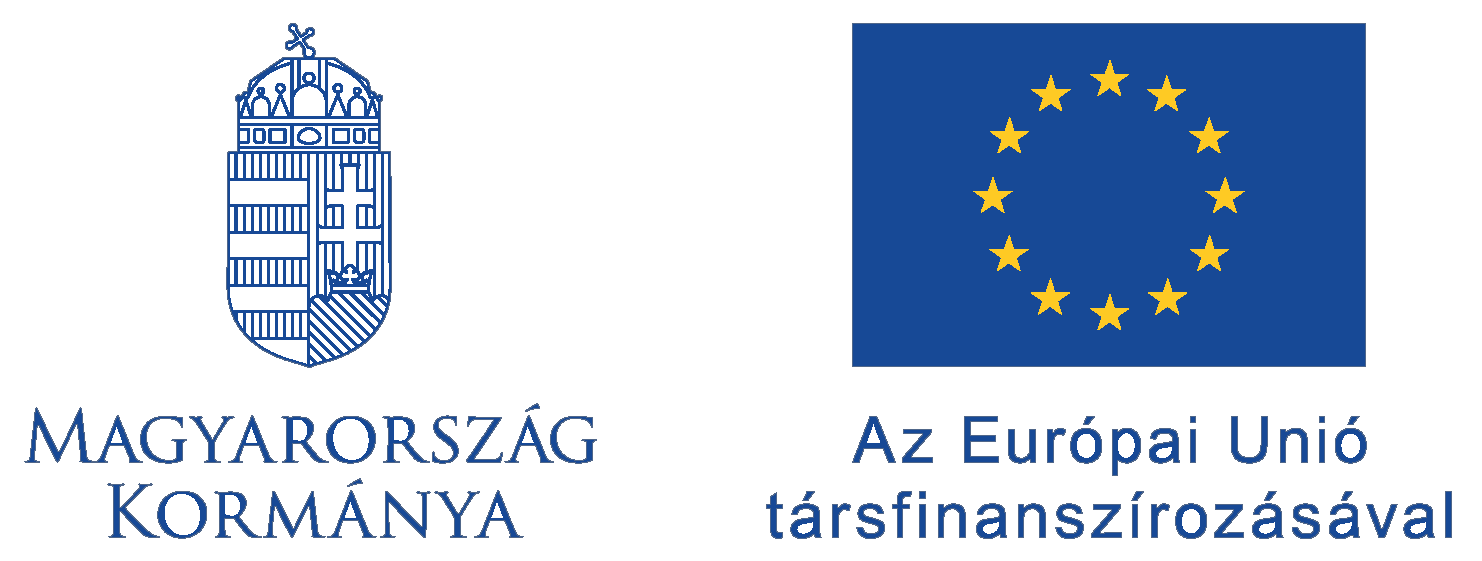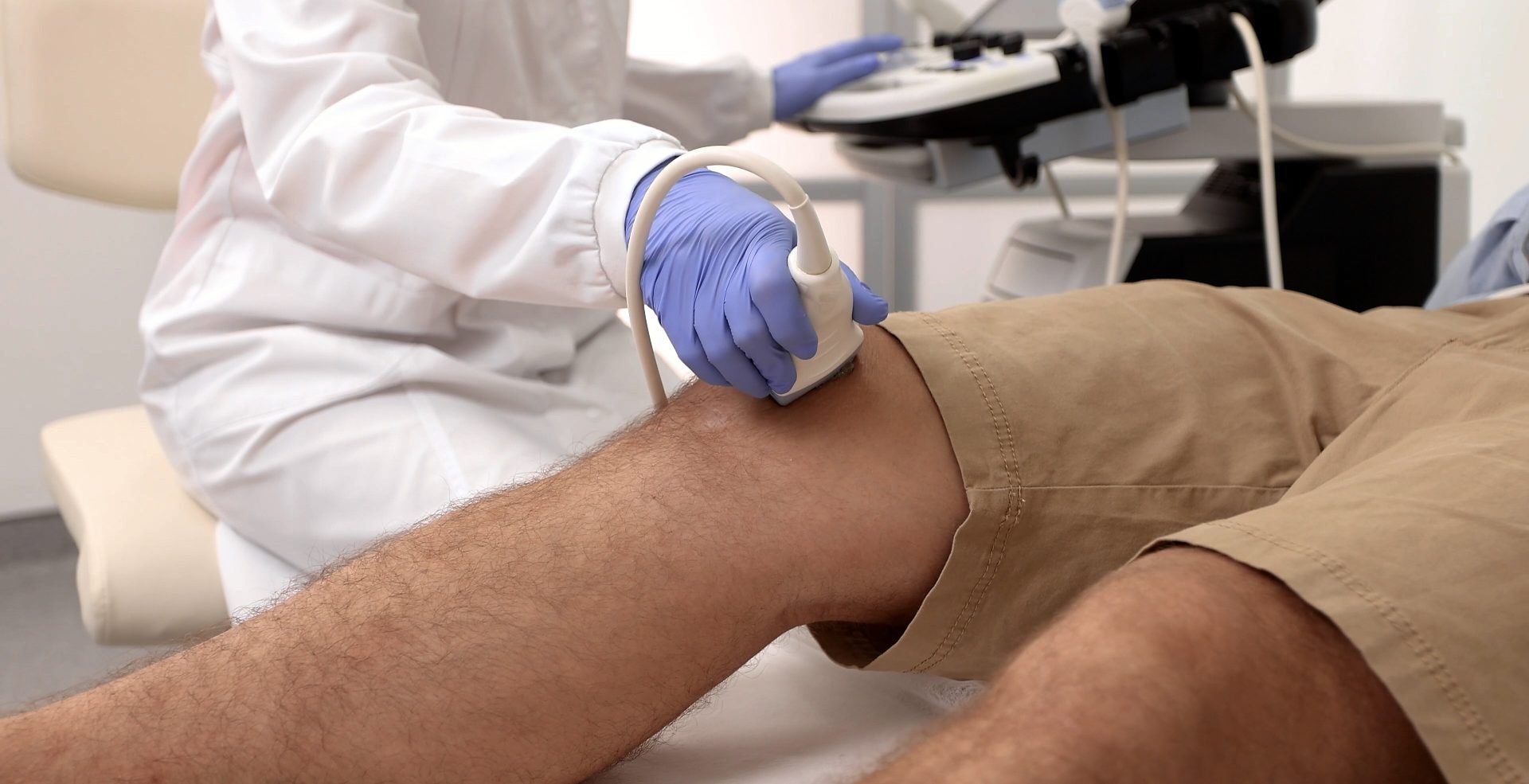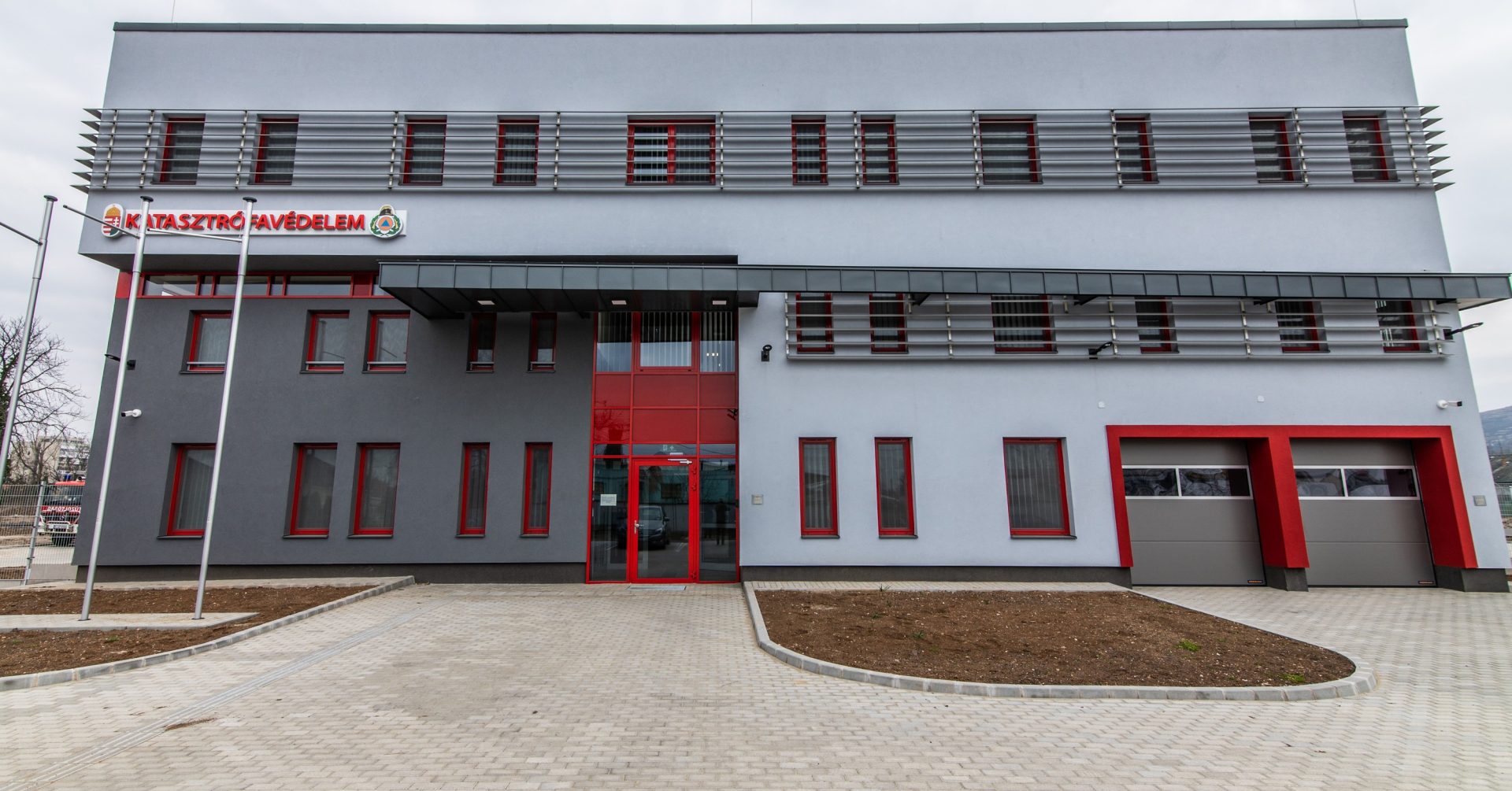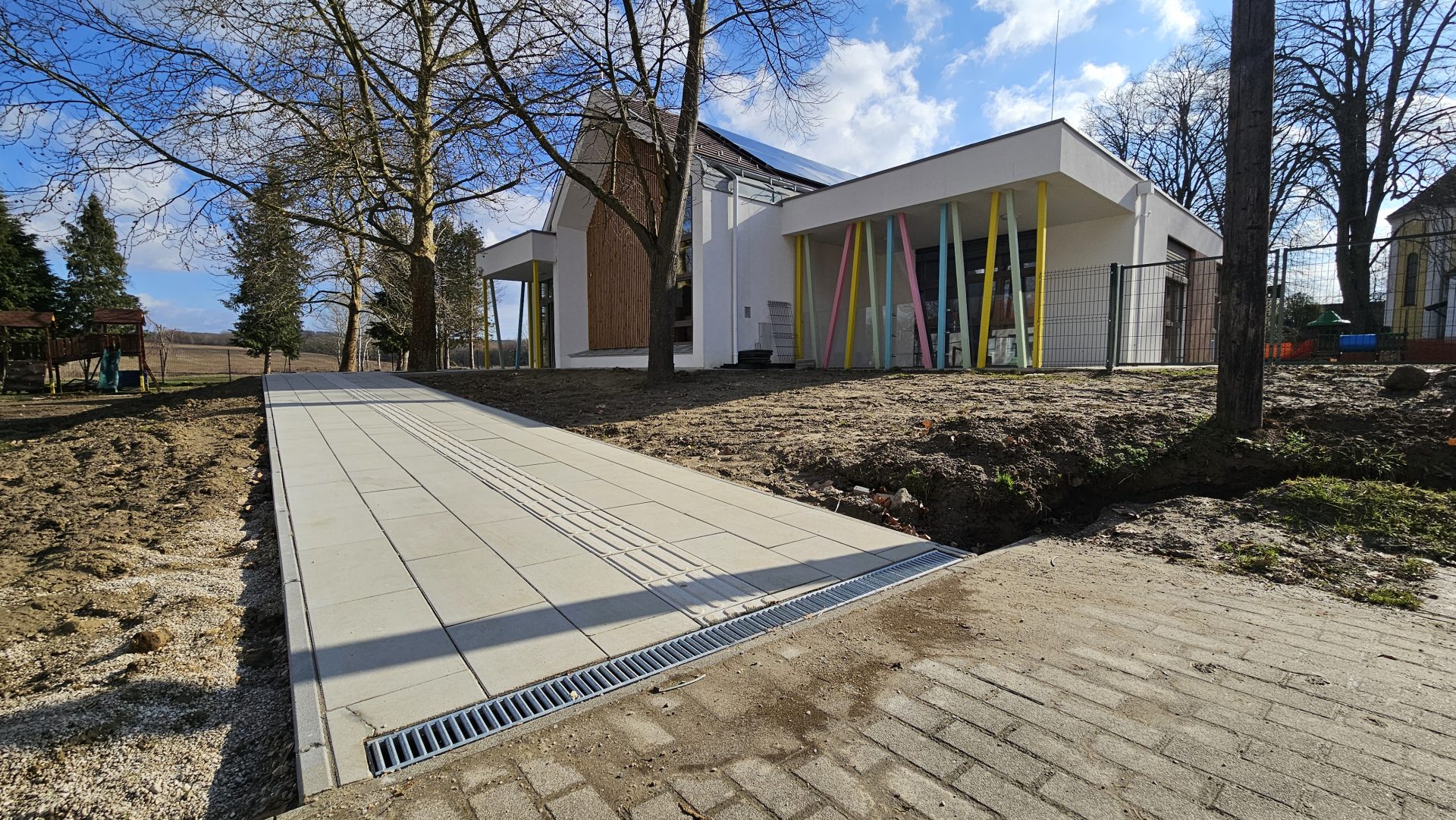When little Bence first walked through the school gates, he didn’t yet know he was entering a very special place. The new learning tools, colorful classrooms, kind teachers, and dedicated professionals using innovative methods were all there for one purpose — to help him, and children like him with severe and multiple disabilities, live better, fuller lives. His mother used to feel alone in their struggles, but now they’ve found a real community — a place of support and hope.
This change did not happen by chance. It is the result of a carefully planned and implemented EU-funded project that strengthened the role of public education in promoting equal opportunities in Tolna County. It’s well known that Hungary’s education system needs to become more inclusive to truly reduce social inequalities and prevent student dropout. By introducing modern learning methods tailored to each institution and providing continuous professional development for teachers, the project has helped create a supportive environment where every child — regardless of background or ability — can find their place.
Two institutions joined forces to implement the project: the Tolna County Unified Special Education Methodological Institution and the Tolna County Educational Guidance Service. Together with its five branch offices, the latter reached more than 2,000 students during the program, focusing primarily on children with severe and multiple disabilities — those who need constant assistance and for whom even small steps of progress are great achievements.
Thanks to the project, over 1,100 special development tools and 240 IT devices were purchased to support learning and therapeutic sessions for children with special needs. 226 teachers took part in advanced training programs to learn the latest special education, methodological, and therapeutic approaches. In total, 33 new teaching methodologies were developed and integrated into the pedagogical programs of all participating institutions.
Beyond tools and teaching methods, the project also placed strong emphasis on promoting acceptance and inclusion. Parent clubs, awareness-raising programs, joint excursions, and sports days helped build the openness that is key to lasting change. Around 60 family support programs were organized, offering guidance from psychologists, special educators, and other professionals to help parents with everyday challenges. Therapeutic demonstrations showed how a child’s abilities can be developed gradually and patiently.
Another major achievement was the improvement of the itinerant special education and conductor network, ensuring that families living in more remote parts of the county also have access to the services they need. The new tools and training have also enhanced the quality of diagnostic services available in the region.
The educational guidance centers themselves were renewed, now equipped with modern psychological and speech therapy tools as well as developmental games to help professionals better support children’s progress. In new knowledge-sharing workshops, experts learned from one another and developed joint solutions for supporting students with special educational needs.
Tolna County has gained a modern, inclusive, and empathetic educational network. The institutions involved have brought real, tangible change not only to schools but also to families’ everyday lives. Today, Bence’s mother says with a smile:
“We used to be afraid of school — now we can’t wait to go in the morning. My son is happy, and so am I.”
The development was implemented from EU funding in the project EFOP-3.1.6-16-2017-00021 under the Human Resource Development Operational Programme.
Find out more about the project in the Project Finder:Details
